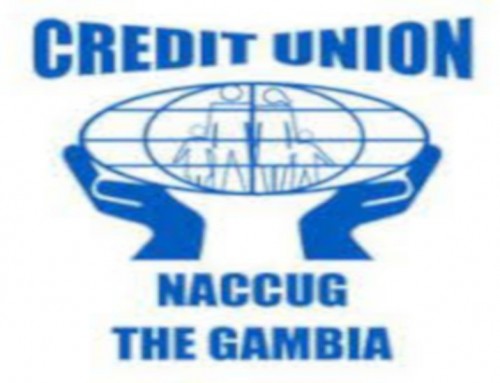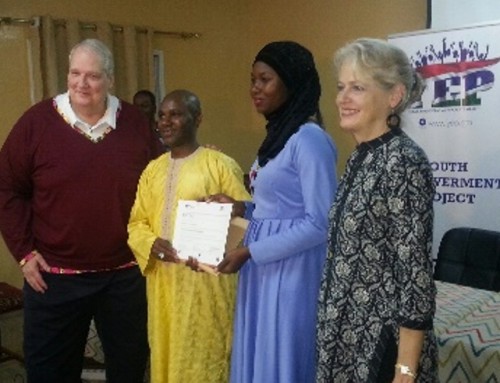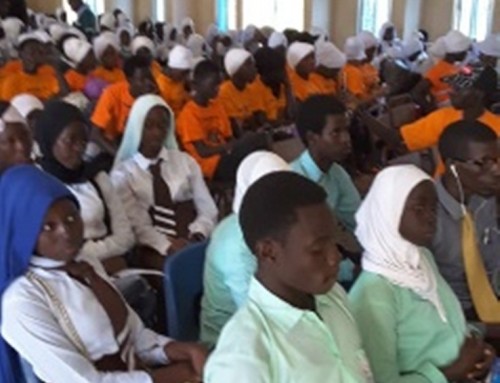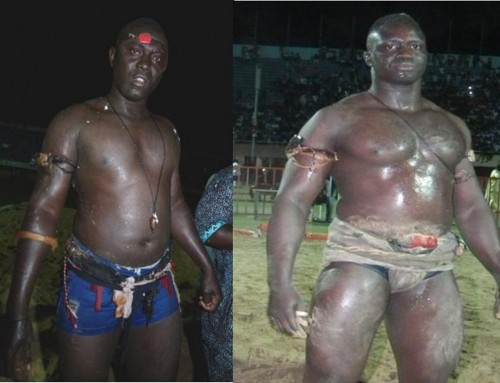His spirited personality was perpetually highlighted by the spectacular intersection of charm and simplicity; of ordinariness and intellectual sophistication, but Hon. Bubacarr M Baldeh’s genius was defined more by the precocious political skills he effortlessly manifested early in his short life. The passing away, this week, in Dakar, Senegal, of Hon. Buba M Baldeh, shocked Gambians, both at home and abroad, and sank the entire dissident movement into a state of despondence. The terminology, great, is often cavalierly applied to the undeserving, but Hon. Buba M Baldeh was by every definition, the embodiment of greatness, and what truly set him apart, was his uncharacteristic ability to rationalize everyday as a new beginning. In the same vein, Hon. Buba Baldeh never failed to use his infectious optimism to crown each new challenge with transcendent hope. Hon. Buba Baldeh had the rare gift of seeing only signs of exuberant opportunity in every challenge; moreover, he never once shied away from the provocations life maliciously threw along his path. He navigated each treacherous corner turn with tact and the signature humility and discipline with which he easily charmed his way into the hearts of his friends and foes alike. It is not usual for Hon. Buba M Baldeh to manifest signs of frustration and despair, yet by far, the lowest point of his life was being forced into exile in Senegal.
This chapter of his life weighed heavily on the person who at one point in the not too distant past was the living embodiment of Gambia. Hon. Buba Baldeh’s exile in Senegal was most devastating to the man who was once so revered in the Gambia that the closest to him than his own backyard, was the Gambia’s State House; for so close was he to being the president. In exile, Hon. Buba M Baldeh, like the late Archbishop Tilewa Johnson, Kukoi Samba Sanyang, Hon. Fatoumata Ceesay, and many others, never once lost faith in one day witnessing liberty return to his country of birth. Buba Baldeh was inarguably the most complex person to capture in words and narrative, because the perpetually dapper humanist is not your run-of-the-mill politician; not by any stretch of the imagination. Buba Baldeh was more like a giant jig-saw puzzle, hard, if not impossible to paint in simplistic terms, and harder yet to explicate in ways that satisfy the entire spectrum of the complexity of his once colorful life. Hon. Buba Baldeh is undefinable by the standard templates of objective analysis, because his personality had an amazing ability to breach all the labels by which society categorizes individuals into neat boxes of social convenience. Frankly, getting a grip on Hon. Buba Baldeh’s storyy is like going through a maze; you never know which way to turn, precisely because his life was characterized by the multiplicity of the things he represented for the Gambia in the short space of time he lived.
Hon. Buba M Baldeh’s career as a development official was punctuated by his tremendous community organizing skills, and by the frequent spells dabbling into the bruising dramatics of party politics. Buba M Baldeh’s extraordinary Nkrhumasque oratory skills, which captivated communities across the country, convinced the Gambia’s political class that his meteoric rise to political prominence was equal to the threat he posed to their ambitious political careers. The elaborate schemes by which Hon. Buba Baldeh drew adoring crowds like the piped piper was vividly captured in the 1980s when West Africa’s BBC stinger described his rousing oratory at the PPP Congress in Fajara Hotel, as the “second coming of Kwame Nkrhuma.” Buba Baldeh intellectual dexterity was affirmed by the many things he was to so many people; an astute politician, effective development professional, generous humanitarian, culture aficionado, gifted orator, master community organizer and the voice of the children of the Savanah; the Fula people. Without a shadow of doubt, Hon. Buba M Baldeh’s every action is underpinned by a deep sense of love for humanity, and once he came into anyone’s orbit, his towering ego forever remained seared in their minds. And in spite of the much talked about Sir Dawda Jawara era tribal rivalries, Buba Baldeh cunningly oscillated between the protagonist camps with the ease of seasoned diplomat, for like Sir Dawda Jawara, he avoided being wrapped up to visualize his environment through the narrow prism of tribe.
It was, therefore, borderline malicious and patently false to have painted Hon. Buba Baldeh in the negative shades of tribal consciousness. Buba Baldeh had a zest for life and an unapologetic lover of everything Fula, but more, he was the true and unequaled repository of Fula culture; something he showcased and amplified with regularity with the performances of the best crop of Fula entertainers in the sub-region. Hon. Buba Baldeh’s work and political career took him to the urban center of Sere Kunda, but he was a provincial man through and through, and his frequent return to Mansajang Kunda was often like a scene right out to a zombie movie. Nothing came close to the way people in the Upper River Division, in particular, put Hon. Buba Baldeh on a pedestal in the stratosphere of Gambian politics, but admiration for Buba Baldeh’s political acumen was pervasive. Hon. Buba Baldeh’s sphere of influence was far and wide; from Senegal to Nigeria and from Guinea to Niger, and everywhere Fulas reside in West Africa. It is true that the organization, which Buba Baldeh helped develop, FFHC, spun the proliferation of local development organizations in the country. Buba Baldeh and I had a close relationship that dates back to high school, and he was devastated when I left my position at FFHC to take up appointment with Action Aid, but we eventually returned to each other’s good books. It is only possible to touch the surface of each segment of Hon. Buba Baldeh’s complicated life, yet even that will do no justice to the man who could be Gambia’s second president, if only for the vicious and invisible hands of politics, which changed history. REST IN PERFECT PEACE; BUBA M BALDEH. TILL WE MEET AGAIN.




